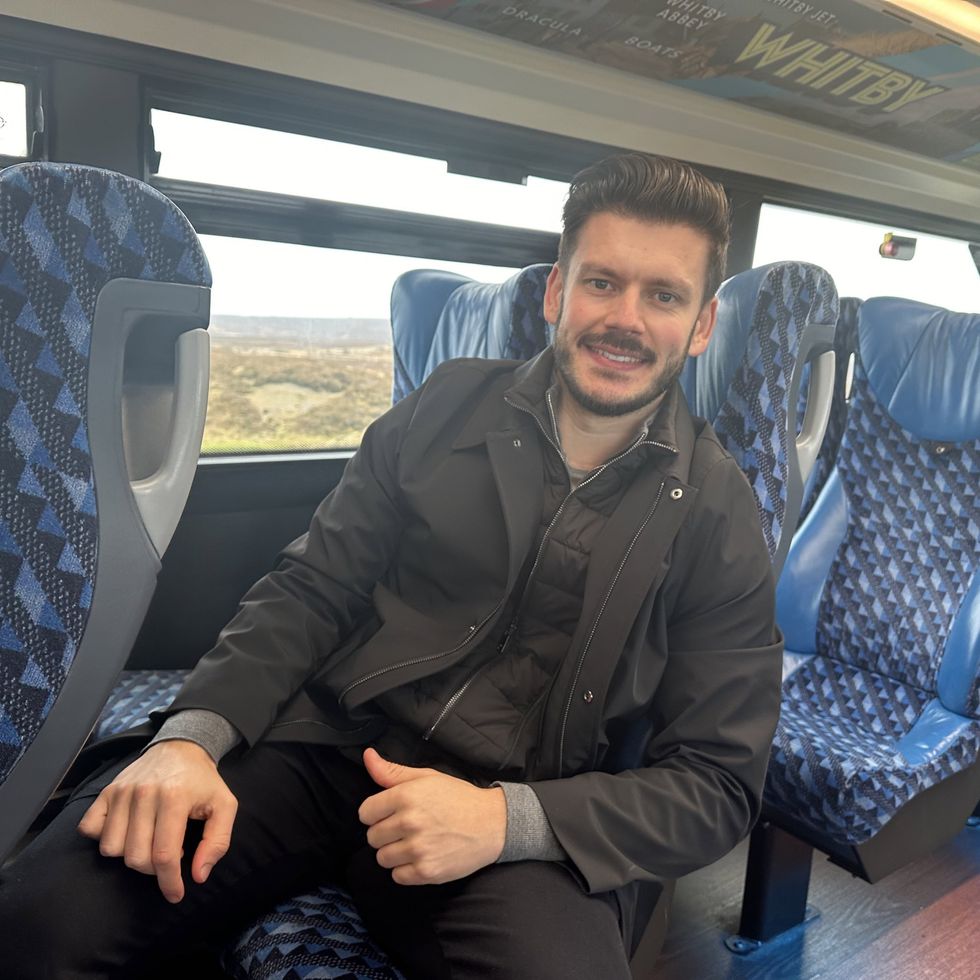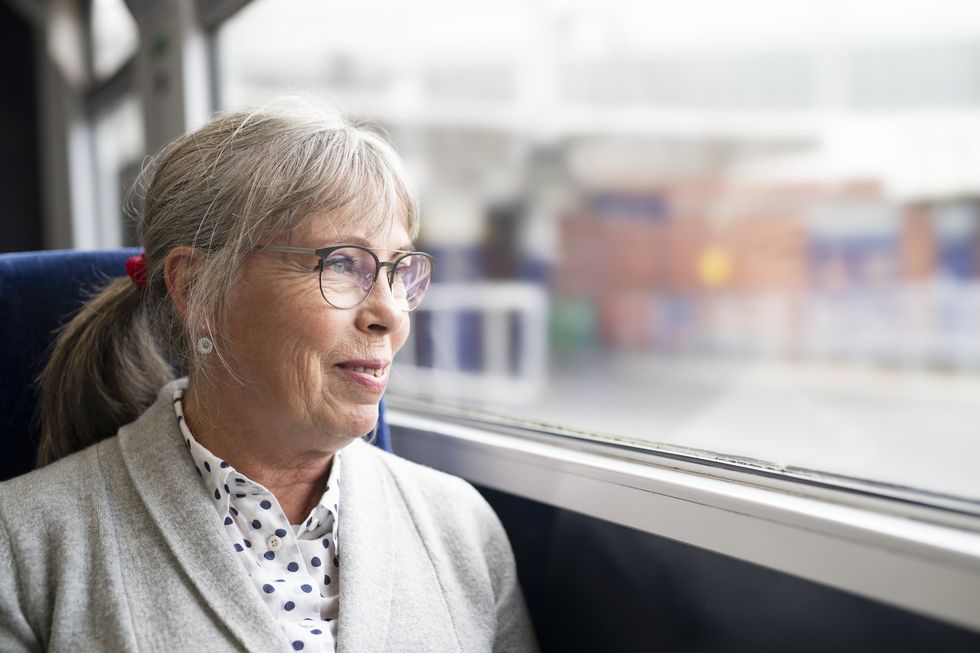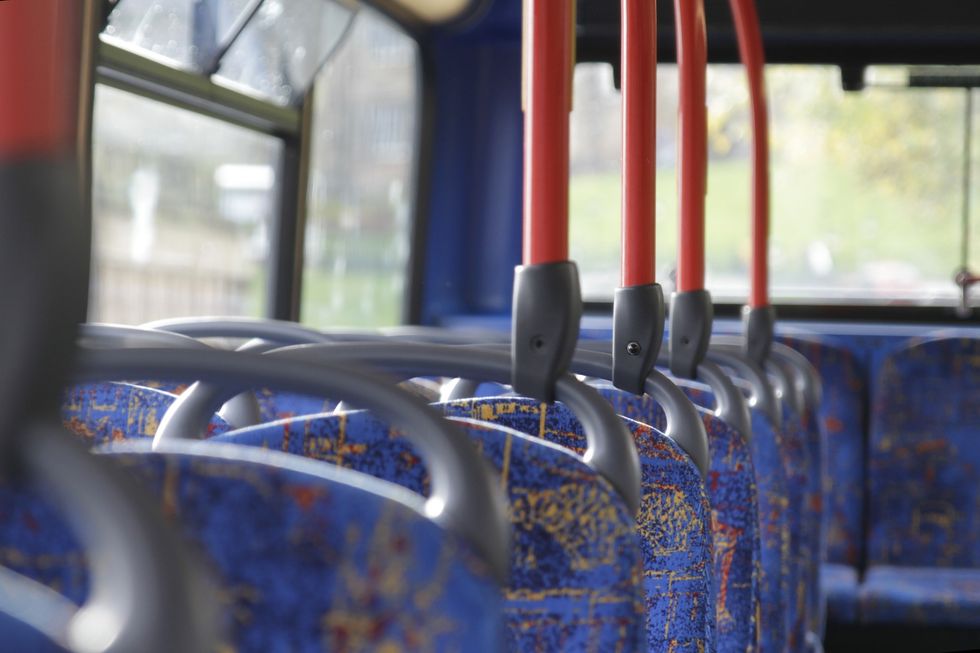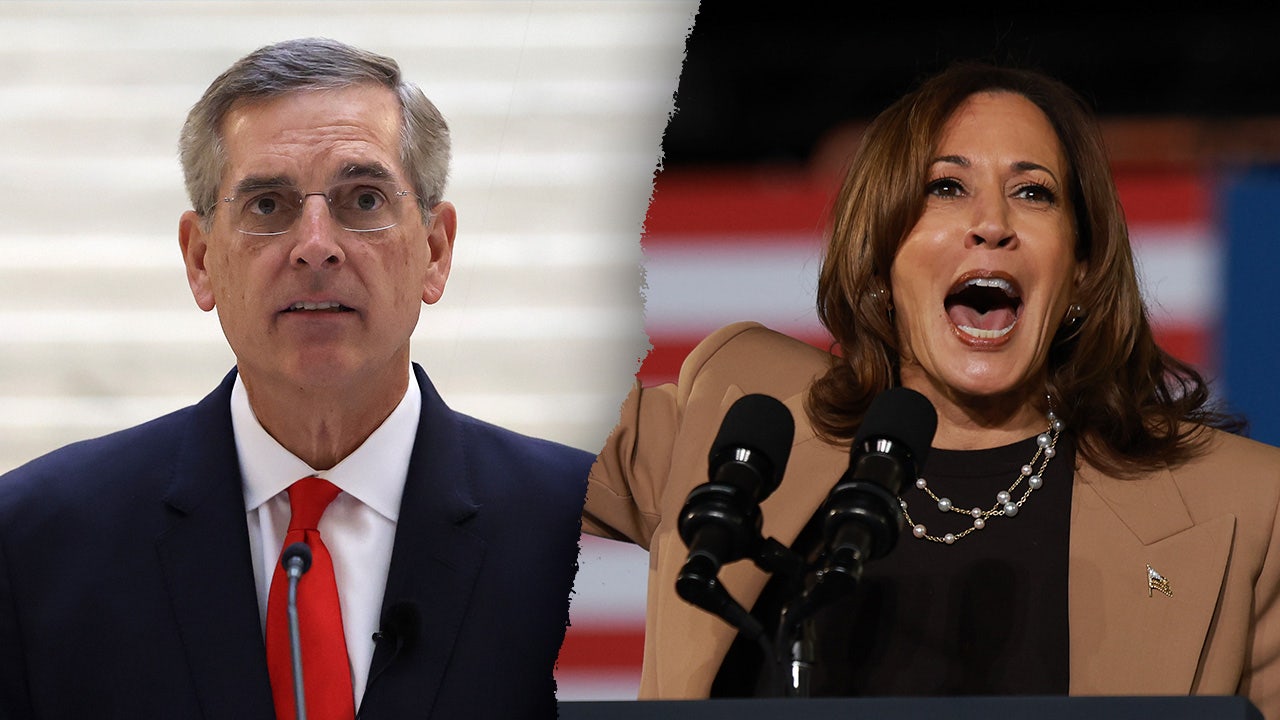A North Yorkshire transport chief says the Government's new £3 bus fare price cap is still "penny pinching" rural communities and will cost workers an extra £500.
It comes as the Budget now includes a commitment from Prime Minister Keir Starmer to keep a cap on bus ticket prices – though one that is 50 per cent higher.
Councillor Keane Duncan, Executive Member for Highways and Transport at North Yorkshire Council, told GB News: “Keir Starmer has given in, but only after pleas from rural communities like ours not to scrap the cap. It’s wrong that we have had to fight so hard to save an initiative that is particularly essential for bus services in communities like ours.
"The small saving this will generate means the decisions feels like penny-pinching from rural areas, when the major cities have seen billions invested in transport there.
"While the cap will continue, it will increase by 50 per cent, another hit on working people. The additional cost for a typical worker commuting daily will be around £500."
Cllr Keane Duncan warns that rural areas like North Yorkshire could bear the brunt if the cap ends as expected at the end of this year
GB News
For passengers boarding the Coastliner in Malton, an end to the £2 price cap would not be welcome (stock pic)
Getty
The new £3 price cap is now set to remain until the end of 2025. But without the cap, Councillor Duncan warns of a cease in services.
He told GB News that a sudden hike in fares would likely see passenger numbers plummet and up to 80 routes, which is a third of the network, in the rural county facing trouble once again.
For passengers boarding the bus in Malton, removing the bus price cap would not be welcome.
One man said: "We probably wouldn't bother because it doesn't become financially viable then, does it? Because you can do it cheaper in the car. The whole point now is that it's cheaper on the bus, you know which is better."
His partner added that if the price cap were to end: "We probably wouldn't use the bus and just stick to the car."
It's expected that Chancellor Reeves will initially lift the cap to £2.50, then £3 before removing it all together by the start of 2026
Getty
Sally, a pensioner, told GB News that even though she can use her bus pass to access the service, she worries about a price hike for others and the service ending if passenger numbers decline.
"There are people who are struggling financially, in any case, then it's [the loss of the price cap] yet another thing, isn't it?" she said.
"Unless you're going to work, it's just something that you do from choice. So, yeah, there's a big, big chance that people wouldn't because they would feed their kids instead."
Announcing the measure to keep the bus price cap, Prime Minister Keir Starmer said that he knows how much the fare subsidy matters, "particularly in rural communities where there’s heavy reliance on buses".
He added: "That’s why I’m able to say to you that in the Budget we will announce there will be a £3 cap on bus fares to the end of 2025 because I know how important it is."
The bus fare cap applies to services across England, but not in London, Greater Manchester or West Yorkshire as caps already existed in those areas when it was introduced to help ease the cost-of-living crisis in 2022.

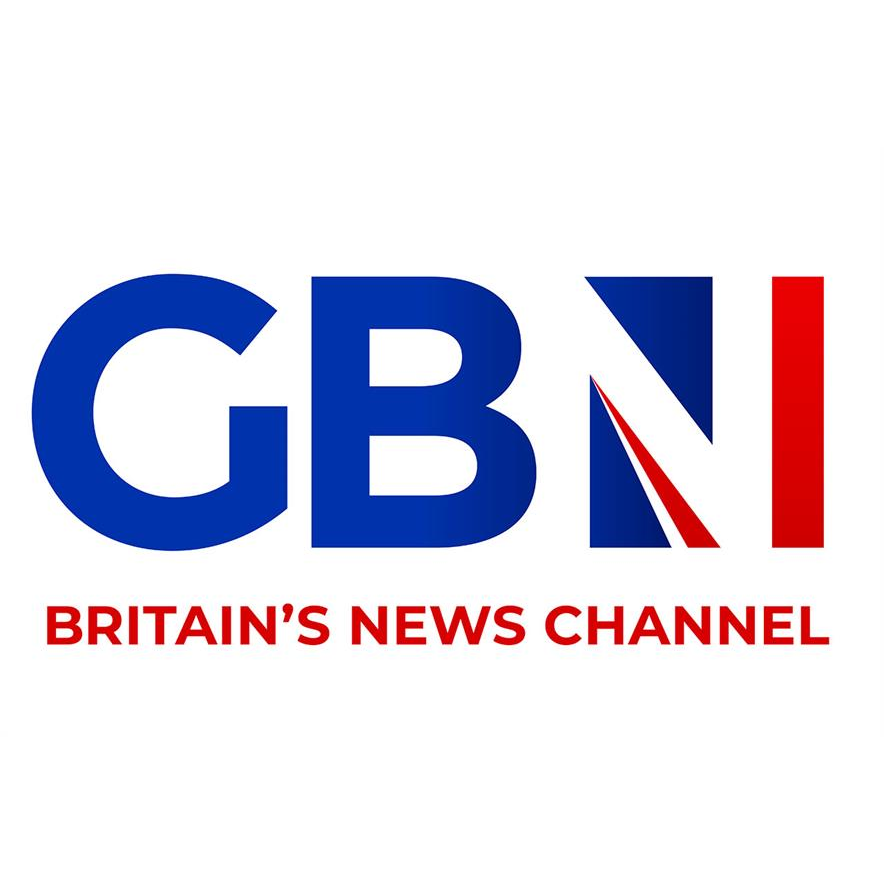 By GB News (Politics) | Created at 2024-10-29 18:26:47 | Updated at 2024-10-30 17:25:01
1 day ago
By GB News (Politics) | Created at 2024-10-29 18:26:47 | Updated at 2024-10-30 17:25:01
1 day ago
